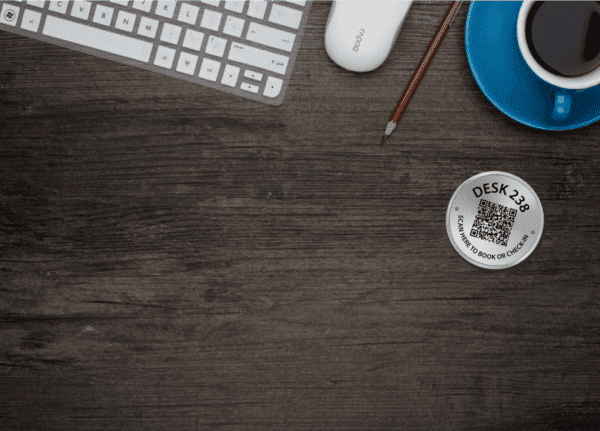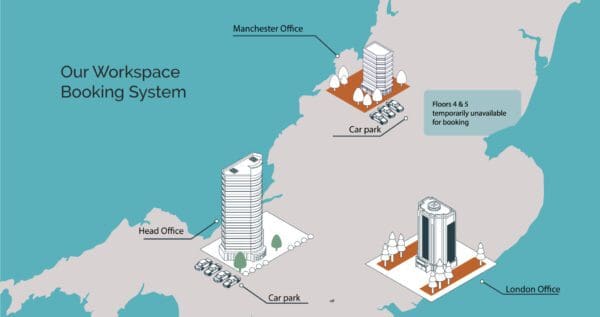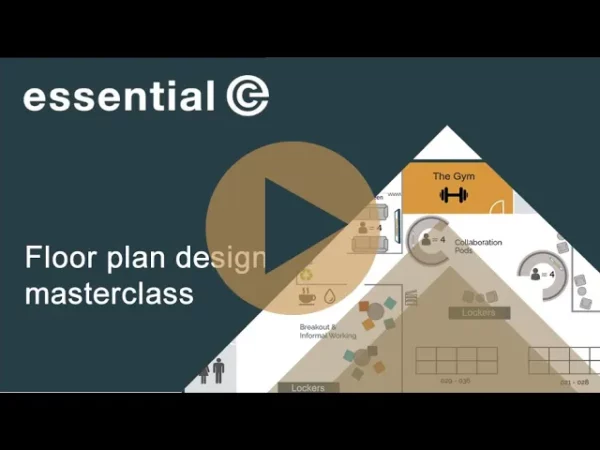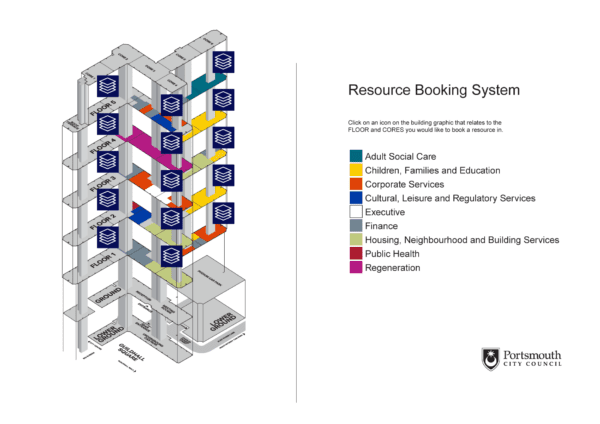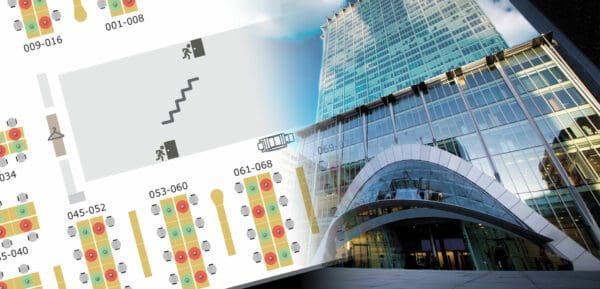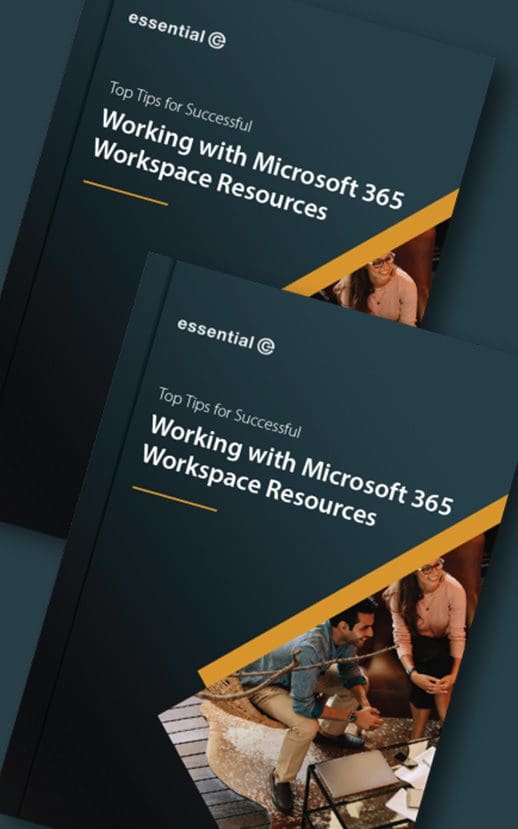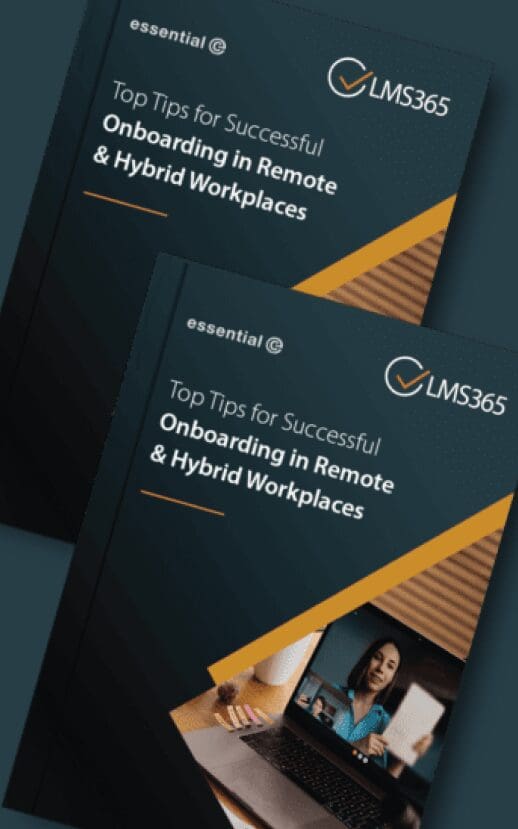Desk booking
How COVID-19 & hybrid working highlights the benefits of hot desking
Setting up the concept of bookable desks – otherwise known as ‘hot desking’ – is more than just a case of designating desks and making them ‘bookable’.
A lot more.
When, some years ago, housing association, Notting Hill Genesis, set up its hot-desking scheme as a way to reduce its office costs, they thought their cutting-edge workspaces, complete with docking stations, storage lockers and a slick booking system, would be enough.
They were wrong.
The housing association’s staff were not happy with the new arrangement.
According to Jenny Quigley, project manager at the time, “Staff were taken aback when we told them they wouldn’t have fixed desks anymore, even though we were trying to provide more flexible facilities. Some even had to speak with management before they got on board with our proposals. In retrospect, the cultural change aspect of the project would have benefitted from some external mediation.”
In the case of Notting Hill Genesis, pointing out benefits of the new regime, including the ability to reduce personal expenses by being able to travel to a nearer office, and being able to work from home where it was possible, smoothed the introduction.
While it’s true, in the past, the resistance to losing one’s own desk space would have been a barrier that needed sensitive handling, COVID-19 has effectively removed this ‘human barrier’.
Safety remains a no. 1 priority
In a bid to prepare for several ‘return dates’ that came and went, many facilities teams prepared their offices for social distancing by clearing down desks of personal belongings.
This step effectively ‘forced the desk ownership situation’.
Now, with the pandemic still not ‘over’, the over-arching priority for businesses remains that of ensuring a safe working environment as its workforce returns to the office.
Hybrid working = smaller offices
As the pandemic lifts, the writing on the wall* is that the concept of everyone coming into the office on a daily basis will be a thing of the past.
This means much smaller offices, alternative workspace arrangements (such as work hubs), and monthly team meetings in different hired venues, we be amongst the new trends.
Another stark reality is that many organisations will need to reduce their rental costs or sell off property in order to survive.
For example, drinks company Fever Tree converts office into bar recently converted half of its London office into a bar, and many of the other enterprises we speak with are electing not to renew leases on certain offices and sell properties where possible.
The savings are highly tangible: When it introduced its desk booking scheme a few years back, Genesis Notting Hill reduced the number of offices it had by 43%, resulting in year on year accommodation savings of 1M.
Hybrid working = a more receptive audience to change
The ‘good news’ for organisations having to shrink their available workspace and introduce a booking scheme, is that having experienced the many benefits of home working (there are obviously downsides), staff members will be more open to this change.
In short, the trade-off of zero commute time and a better work-life balance will mean that the typical resistance to ‘hot desking’ we’ve seen of staff losing their own desk ‘shrine’, complete with (now wilted) pot plants, favourite chair and drawers full of god knows what, will evaporate.
Not having a fixed desk booking system does bring a whole batch of other challenges, such as how to be near to co-workers in the same team, how to facilitate ‘on the job training’ (especially for new starts), locating work colleagues and having ‘ad-hoc’ meetings, but all these are addressable with the right technology and careful consideration.
Work is something you do, not a place you go
Enterprises are now seeking to use their office space in new ways that deliver tangible value to individuals, teams, and the company as a whole.
This could be a mix of solo working spaces that enable individuals to concentrate, shared spaces for collaboration with team members and video conferencing suites and booths.
Although there will instances where individuals with certain roles need a dedicated desk, the days on which this desk is not in use (e.g. during annual leave), organisations can use technology to release this resource into an available pool (known as reverse hoteling).




